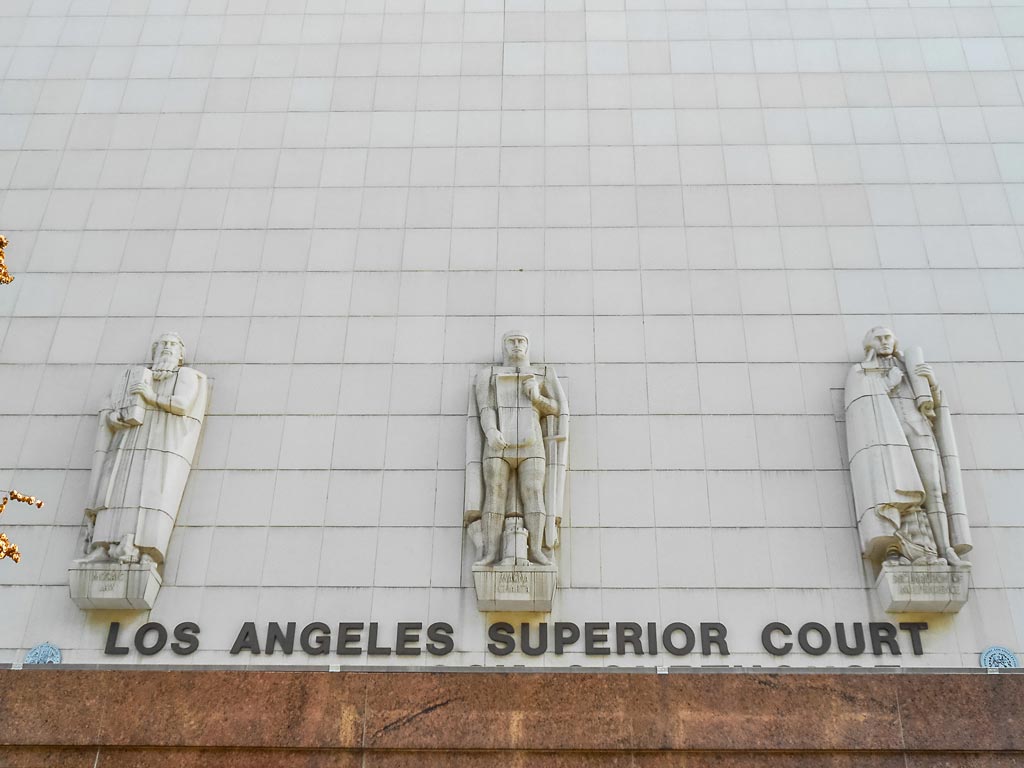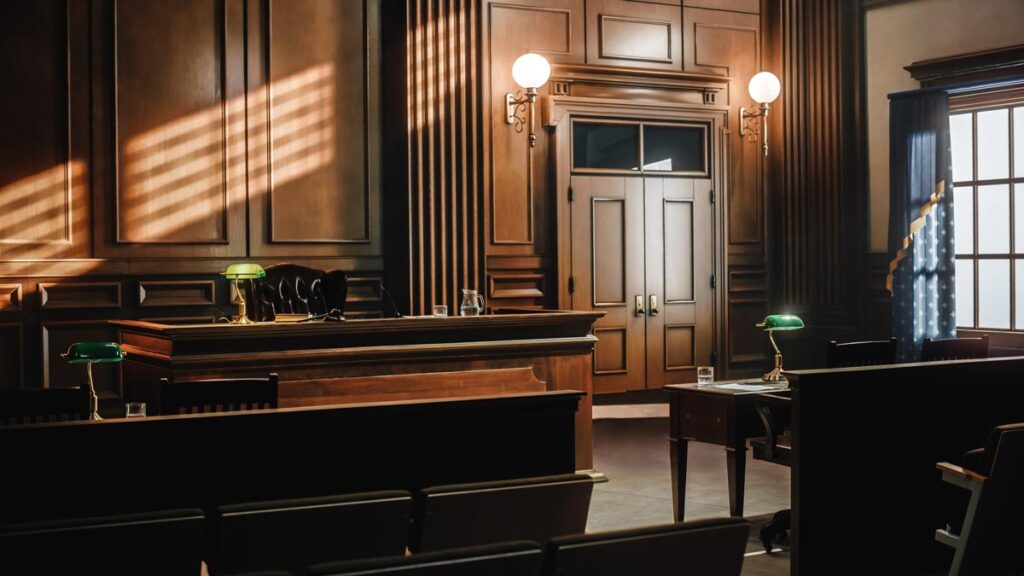
Summary: Understand the LA County Superior Court rules, including divisions, hours, closures, interpreter services, etiquette, and bail. Essential for plaintiffs, defendants, and interested parties.
Main Points:
- Five major court divisions and 12 districts.
- Procedures for holidays and emergency closures.
- Standard court hours.
- Interpreter and translation services.
- Courtroom conduct and etiquette.
- Bail process and considerations.
Los Angeles County Superior Court is a unified trial court, handling a wide range of civil, criminal, and family law cases. Due to its broad jurisdiction, there are many reasons why you might have to visit this court.
Whether you’re a party involved in a case or simply want to learn more about how the LA County Superior Court operates, understanding the court’s rules can help.
Keep reading to learn about some important local rules for the Los Angeles County Superior Court. We’ve focused this article on rules relevant to plaintiffs, defendants, and interested parties as opposed to rules for lawyers, judges, clerks, and other legal professionals.
Los Angeles County Superior Court: Courtroom Rules & General Rules
1. Understanding Court Divisions and Districts
Los Angeles County Superior Court has five major divisions that handle different types of cases. Specifically, they are the:
- Civil Division
- Probate and Mental Health Division
- Family Law Division
- Juvenile Division
- Criminal Division
The court is divided into 12 districts due to the size and population of Los Angeles County. The court maintains a full listing of all courthouse locations on its website. If you have to attend a hearing, always double-check the name and location of the specific courthouse.
2. Holidays and Emergency Closures
What happens to your case if the Superior Court has to close unexpectedly? Whether due to issues with vital systems in the building, extreme weather, or another emergency, everything on the court’s calendar moves to the next day of regular operations. That’s true unless an order of the court is made to use a different date.
For acts required by the Los Angeles County Superior Court rules or the court directly that fall on a holiday, the act should be performed on the next day the court is in operation.
Los Angeles County Superior Court civil rules, criminal rules, and rules for other divisions are the same for holidays and emergency closures.
3. Hours of the Los Angeles County Superior Court

The standard hours for all LA County Superior Court departments are 8:30 a.m.-noon and 1:30 p.m.-4:30 p.m. However, judges have the power to provide a variance that goes beyond these hours.
4. Interpreter and Translation Court Rules
The California court system offers interpretation services and general language services during court proceedings to those with limited English proficiency.
Requesting an interpreter comes at no cost. The program is available to anyone involved in a courtroom proceeding. If an interpreter for a specific language is not available, an involved party may be able to bring their own interpreter to the court proceeding.
5. Los Angeles County Superior Court Rules: General Conduct and Etiquette
The LA County Department of Consumer & Business Affairs offers simple guidance for etiquette in civil cases. Most of those suggestions apply to all court proceedings.
If you have to appear in court, do not wear flip-flops, shorts, miniskirts, tank tops, or sunglasses. Do not eat, drink, or chew gum. Do not use foul language or interrupt the other party. Only speak or otherwise make noise when court is in session unless you have the floor or are asked a question.
Do turn off your phone and other devices. Be generally courteous. Additionally, you should always refer to the judge presiding over your case as “your honor” instead of “judge” or their given name.
6. Not a Rule, but a Suggestion: Have a Plan for Bail
You may need to post bail to be released from jail if you are arrested. Bail is, in simple terms, a financial commitment that shows the legal system you can be counted on to appear for your court dates in the future.
Unfortunately, the amount of money required to post bail can be prohibitively expensive. Although the money is often returned at the end of the legal process, it can be financially impossible to part with those funds until the legal process finishes.
Businesses in the bail industry provide people arrested with those needed funds, helping them exit custody and prepare for their case in court. In return, the individual pays just a percentage of the total bail amount, usually 10%, and promises to appear for all of their court dates going forward. At Bail Hotline, we require no collateral and offer easy payment plans.
When you need to post bail, Bail Hotline is here to help. Need to post bail for a friend or loved one? Call the experts at Bail Hotline.